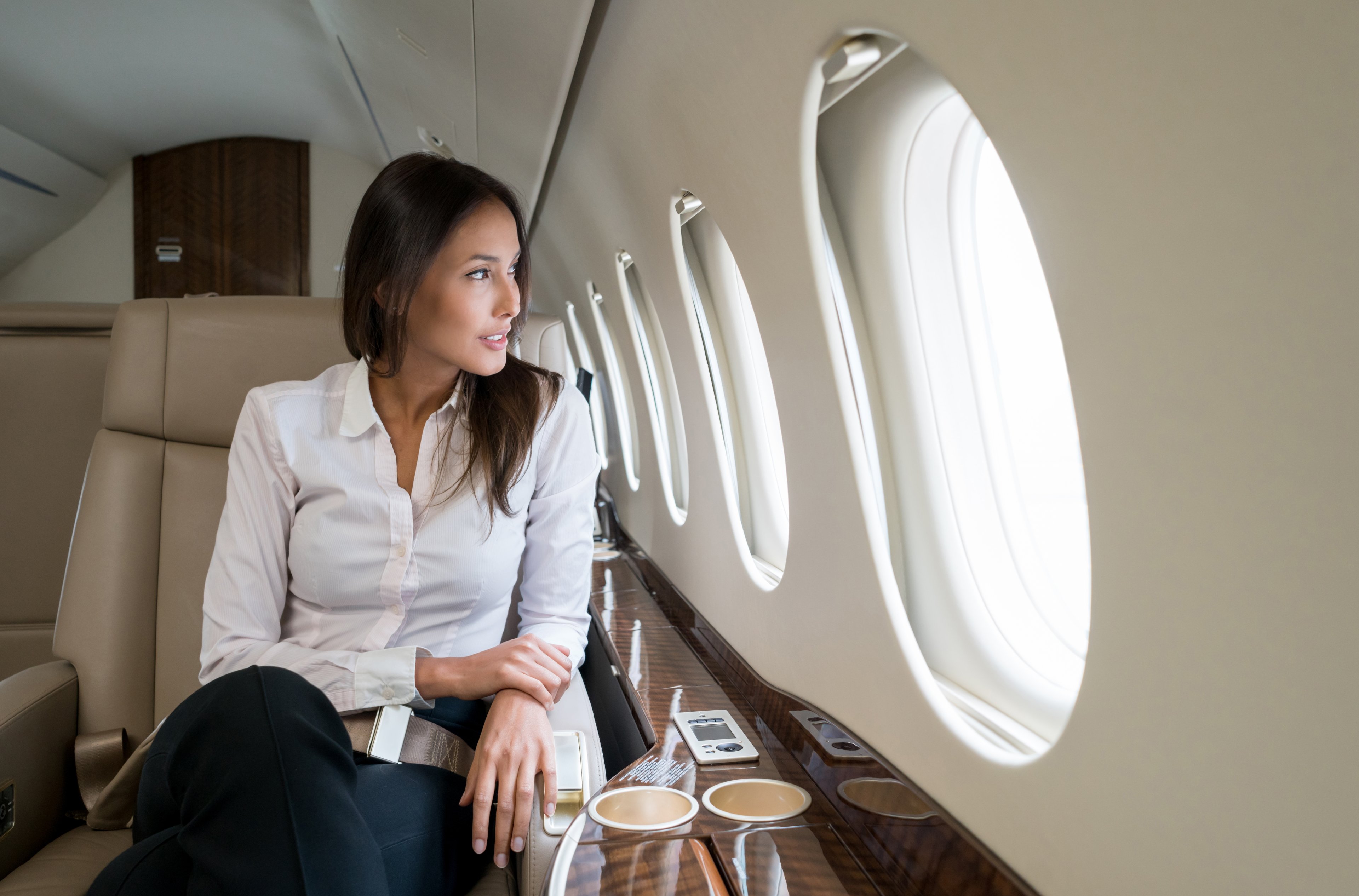When people think of important airports, Seattle-Tacoma International Airport, often referred to as Sea-Tac, is rarely at the top of the list. But this airport is now home to two ongoing battles: one between Delta Air Lines (DAL +5.01%) and Alaska Air Group (ALK +1.73%), parent company of Alaska Airlines, and the other between supporters and opponents of a new minimum-wage law.
Airline dogfight
Despite its name, Alaska Airlines is based out of Seattle and uses Sea-Tac airport as its largest hub. Alaska Airlines has positioned itself as by far the largest carrier at Sea-Tac, although Delta Air Lines, Southwest Airlines, and United Airlines, owned by United Continental Holdings, have also carved out parts of the market.
More recently, Delta has been ramping up its efforts to boost its Seattle presence as it seeks to build its route network to and from Asia. During the past few years, Delta has focused on building this gateway to Asia as a way to expand beyond the U.S. and tap into the growth of emerging markets.

Alaska Airlines Boeing 737. Source: Wikimedia Commons.
In its latest push, Delta is looking to boost the number of gates it has at Sea-Tac from 11 currently to 30 in the future. If Delta can get these gates, it would greatly increase the airline's opportunity for international expansion via Seattle.
But Alaska Airlines isn't just sitting by while Delta takes a greater share of Seattle traffic. As Delta has boosted its Seattle capacity and launched flights on routes already served by Alaska Airlines, Seattle is becoming a new home for airline advertising.
Alaska Airlines is also striking back at Delta's Salt Lake City hub, where it has launched several new flights, as well as teaming up with British Airways to offer promotions to counter Delta's new Seattle-to-London flight.
For Seattle passengers, the competition between Delta and Alaska could lead to lower prices and more travel options from the airport, provided both carriers maintain an aggressive stance.
Longer term, there are a few ways the Sea-Tac competition could play out. There is the possibility that Delta could merge with Alaska Airlines, which would give the combined airline a strong Seattle presence. However, this idea has repeatedly popped up as a rumor and never materialized. Furthermore, such a merger could face antitrust challenges, considering a prime objective of it would be to consolidate strength at Sea-Tac.

Delta Air Lines Boeing 757. Source: Wikimedia Commons.
In a more likely scenario, Delta's expansion will continue until it believes it has maximized its potential in Seattle. Delta seems set on using Seattle to grow its route network, and that will mean more capacity in Seattle.
However, Seattle may be able to handle much of this in the long term for two main reasons: First, Delta's strategy of using Seattle as an international gateway will mean much of the capacity will be absorbed by passengers who would otherwise have used a different airport. Second, Seattle is a growing city and was, in fact, the fastest-growing big city in 2013, according to Census Bureau estimates.
Although it could mean some turbulence for Alaska Airlines, consumers may be the winners in this airline battle. As Delta and Alaska compete for market share in Seattle, travelers could see lower fares to more destinations.
Minimum wage fight: Sea-Tac edition
The debate over raising the minimum wage has been a contentious political topic, and it has now come to Sea-Tac. Last year, voters narrowly approved a proposition that would increase the minimum wage in the Sea-Tac airport and the area surrounding it to $15 per hour. But while the law is in effect for businesses near the airport, a judge blocked enforcement of the law at the airport itself, ruling that the Port of Seattle has jurisdiction there.
In response, the Port of Seattle commission, which runs the Sea-Tac airport, voted to increase the minimum wage at the airport to $11.22 per hour in 2015 and $13 per hour in 2017 for airfield support workers. The move has prompted a lawsuit from airline industry group Airlines for America, where both Delta Air Lines and Alaska Airlines number among the members.
Airlines for America has filed a lawsuit alleging the Port of Seattle is not in a position to raise the minimum wage, since the commission's decision conflicts with federal and state laws. At this point, it appears the battle over the minimum wage at Sea-Tac airport will be fought in the courts as they decide who has the authority to raise the airport's minimum wage.
Longer term, if approved, a higher minimum wage may have minor effects on Sea-Tac travel. It's possible that airlines may add a "living wage surcharge," as some businesses in the Sea-Tac area have done. However, these surcharges from other non-airport businesses have generally been small and would be unlikely to make Sea-Tac uncompetitive.
The bottom line
Sea-Tac is growing in importance as Delta boosts capacity to build an international gateway for its network. At the same time, the fight over the minimum wage is playing out at Sea-Tac and is likely to be decided in the courts.
All this is shaping up to be an interesting situation that consumers, workers, and industry followers should all keep a close eye on.





